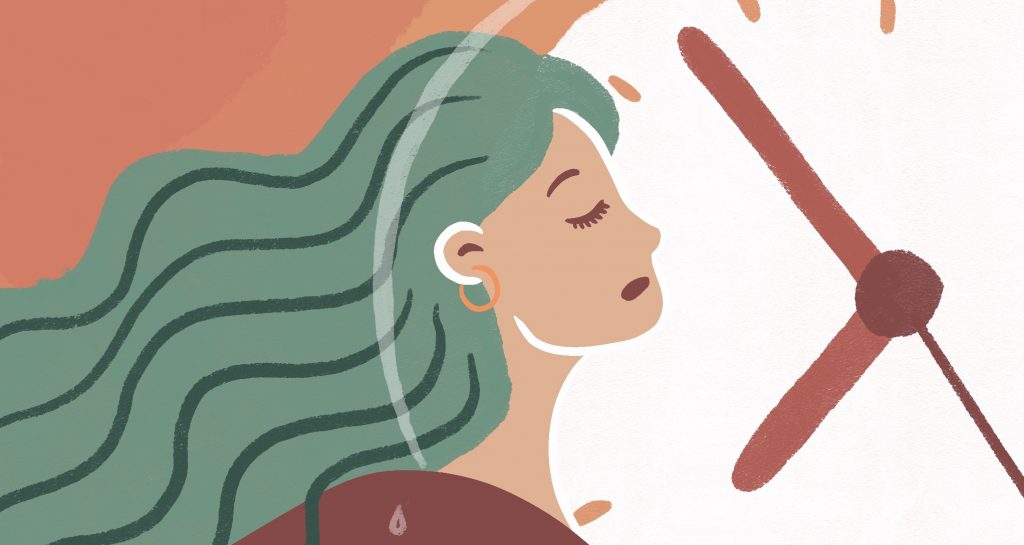
Age is definitely just a number when it comes to your hormones, everyone is different and perimenopause can happen at any age. It’s common for people to be in their late 30’s or early 40’s when hormones start changing and there’s no such thing as ‘too young’ for the menopause.
The key things to look out for are:
1. A change in periods – they may get heavier, lighter, further apart or closer together, last less days or more days, and could be totally erratic.
2. One or more of the following symptoms:
Palpitations
Feeling tense or nervous
Difficulty sleeping
Memory problems
Anxiety, panic attacks
Feeling tired, lacking in energy
Loss of interest in most things
Feeling unhappy or depressed
Crying spells
Irritability
Feeling dizzy or faint
Pressure or tightness in head
Tinnitus
Headaches
Muscle and joint stiffness, aches and pains
Pins and needles anywhere
Breathing difficulties
Hot flushes
Sweating at night
Loss of interest in sex
Urinary symptoms (urgency, frequency, incontinence, UTIs)
Vaginal dryness, soreness, itch
If you’re interested in topping up your hormones with HRT, it’s a good idea to start tracking your periods and logging symptoms and there are apps for this. Having a record for a few months will really help you when you see your GP or nurse. Evidence shows the earlier you start HRT the better, even if you’re still having periods – don’t wait until symptoms become unbearable.
Having unsettling symptoms and realising you’ve entered this phase of change can be unsettling and many women describe a sense of not being like their normal selves. So give yourself a break at this time. Explain to loved ones, friends and colleagues what’s going on, and how and why things may be different for you. The menopause is not a taboo subject anymore and you will likely find support and understanding. Ask for help when you need to – there’s no prizes for battling through.